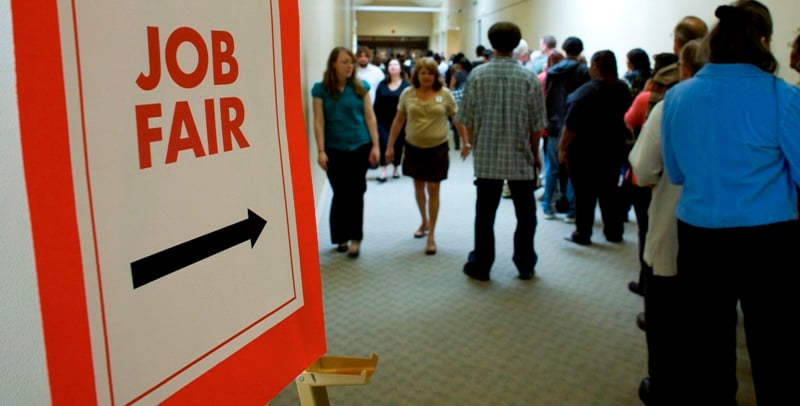Foreign-policy guru says U.S. needs to invest in advanced manufacturing to create jobs; cheap overseas labor not going away
Reducing payroll taxes, cutting the deficit and extending unemployment insurance are among the policy prescriptions Washington has written to boost the sluggish economy and help the jobless.
And all are misguided — or at least that's the take of Fareed Zakaria. He contends that the steps the Obama administration and Congress have taken don't apply to the underlying problem: Americans just aren't in the mood to spend money.
“Businesses aren't hiring, for a very simple reason,” Mr. Zakaria, a foreign-policy expert and editor-at-large of Time magazine, said at the Insured Retirement Institute's annual conference in Boston on Monday. “If there were consumer demand, you would see businesses hire.”
Mr. Zakaria's analysis was echoed by David Kelly, managing director and chief market strategist at J.P. Morgan Funds. “The problem in America is not that the hirers aren't hiring; it's that the buyers aren't buying,” Mr. Kelly told the IRI audience.
Mr. Kelly predicted that the economy will stay in a “muddle through” mode. He illustrated the problem by highlighting the automobile industry, which achieved about $12 million in sales in August. But that level is anemic because people are holding on to their cars as long as possible — only buying a new one when their current ride breaks down.
“There is absolutely no exuberance in that number,” Mr. Kelly said. “We're not even replacing the scrap vehicles.”
The home market pace also has hit the skids. In August, there were 371,000 housing starts, compared with the past average of 1.5 million.
Part of the slowdown can be attributed to a healthy-economy phenomenon. Americans are getting their personal finances under control. Household-debt service is down to 11%, from 14% in the third quarter of 2007. Presumably, that trend would encourage lending. Instead, banks are holding back because of increased capital requirements and a message from Washington to rein in risk, according to Mr. Kelly.
“It is making this recovery much slower than it needs to be,” Mr. Kelly said. “If you don't take some risk, you're not doing anyone any good.”
The Federal Reserve is not helping the situation by signaling that it will keep interest rates low until 2013, Mr. Kelly asserted. This encourages business and individuals to hold off on investment decisions, knowing that the lending climate will be good for a while. “They're telling people they don't have to take any action,” Mr. Kelly said of the Fed. “To help us, they need to talk about raising interest rates.”
Solving the unemployment problem is going to be more complicated. Today, the U.S. economy is producing the same amount of goods, with 7 million fewer workers than in 2007, according to Mr. Zakaria. He attributes this trend to the fact that businesses can find cheap labor, cheap capital and strong markets around the world.
“American companies have become hyperefficient,” Mr. Zakaria said. “It is not so good for the American workers, who cannot play this global arbitrage.”
Mr. Zakaria said that the Washington debate has to move away from the binary question of whether government is good or bad and instead address where to cut government spending and where to increase it. He recommends federal investments in advanced manufacturing.
“We've got to make stuff the world wants,” Mr. Zakaria said. “We can't all give each other massages and home mortgages. That is not an economy.”







